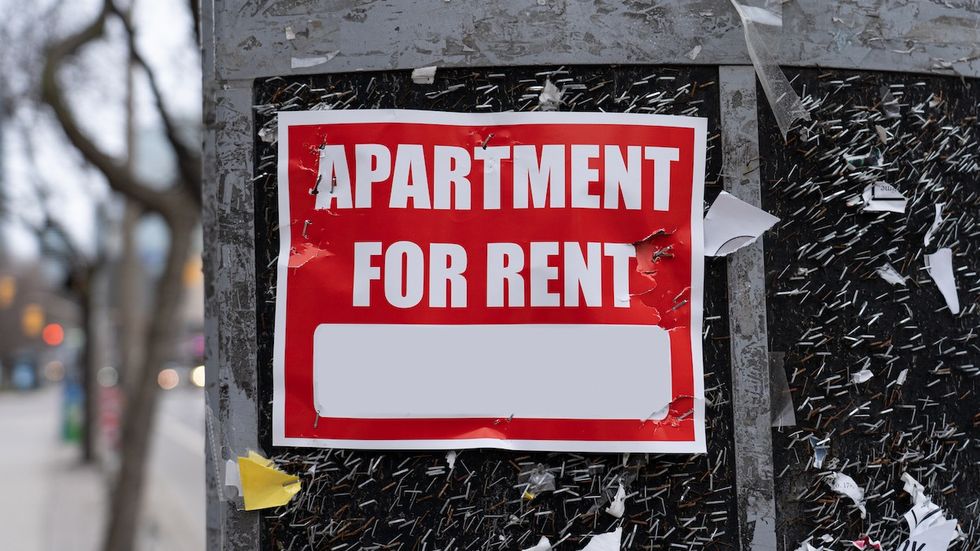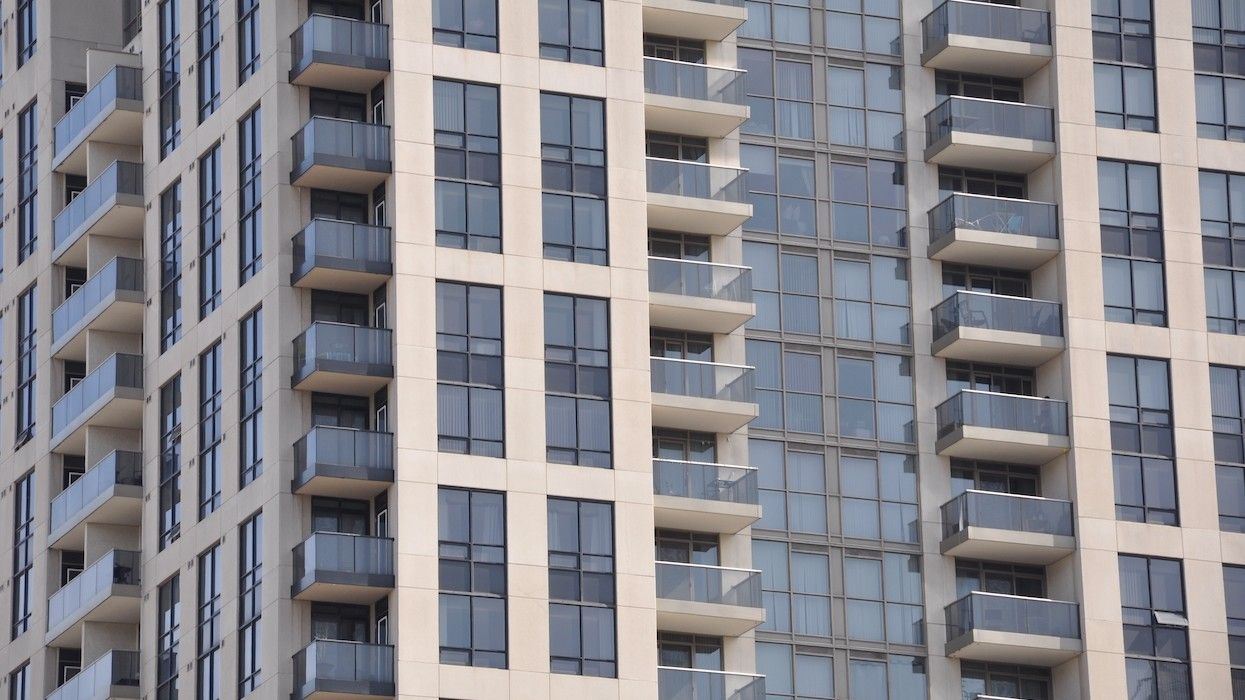From students to newcomers to urbanites who crave the city life (but, understandly, can't bear the city’s price), Toronto is packed with renters, there’s really no way around it. But the more rental housing the city has, the more important it becomes to regulate it.
It seems that fact is not lost on City Council. Last week, Council approved a series of “updates” to the inaugural RentSafeTO program, and among those were new rules for city inspections, a more hands-on system for tenant complaints, and increased fees for non-compliance — but more on those later.
Just to recap: RentSafeTO has been in effect going on seven years now and is described by the city as “a bylaw enforcement program that ensures apartment building owners and operators comply with building maintenance standards.” The program is applicable to apartment buildings with three or more storeys and 10 or more units, and not applicable to condo buildings, townhomes, or units in a private home, such as basement or main floor apartment.
Notably, the program is billed the “first of its kind in Canada” in a recent report from Carleton Grant, the Executive Director of Municipal Licensing and Standards for the city, which also noted that the program “currently applies to approximately 3,600 apartment buildings across the city, accounting for more than 362,000 rental units.”
In the 2023 year alone, Grant said that city staff conducted 1,758 building evaluations and eight building audits, closed 89% of 8,512 service requests received, responded to 95% of emergency service requests within 24 hours and 92% of non-emergency service requests within five days, issued 1,187 Orders to Comply and 132 Notices of Violation as a result of those service requests, issued 20 Orders to Comply and Notices of Violation as a result of building audits, and dolled out $110,950 in fines for violations.

Still, over at city hall, there have been calls to put more resources into the program — Mayor Olivia Chow, for one, has long rallied for more funding for the RentSafeTO program, most recently in her version of Toronto’s 2024 budget — and in March 2022, the Planning and Housing Committee directed city staff to report back with recommendations on how to increase its reach and efficacy.
In a nutshell, the newly-minted parameters up the frequency of building evaluations from every three years to “at least” every two years, and introduce “targeted engagement visits,” which can be authorized at the Executive Directors discretion and will allow city staff to canvas tenants on “in-suite issues and complaints” and answer any questions they might have. The expense of that engagement will be billed to rental property owners, at $2,900 per visit.
For any remedial action that needs to be taken in “extenuating circumstances” with respect to property maintenance standards, such as “cutting long grass and weeds, waste removal, and graffiti removal,” the city now has the authority to assign a contractor to private rental properties, at a cost of $86.01 per hour that will, again, be billed to the property owner.
In addition, Council has approved a revised fee of $2,900 for apartment building audits.
In his March 20 report, Grant noted that the projected additional revenue from these secondary fees is around $24,000 per year.
It seems that the changes approved last week were generally well-received by community and tenant groups and advocates, though all argue that the program should be continually improved.
For instance, Geordie Dent wrote in to Council on behalf of the Federation of Metro Tenants' Associations in early April, calling for “better enforcement through higher fines and penalties for landlords who do not comply with notices and orders,” as well as the “introduction of administrative penalties as soon as possible.” He also underlined the need for RentSafeTO information in more languages. “Tenants whose first language is not English may not understand the program or that it exist,” he added.
In addition, Dent implored the city to look into “thousands of buildings” that should be part of the RentSafeTO program, but have not yet been registered, pointing out that he himself lives in a three-storey, ten-unit rental building that is in fact not registered with the program.
Councillor Gord Perks also wrote in to Council on behalf of Right to Housing Toronto, echoing some of Dent's points on higher fines and better enforcement, and also suggesting that “the program could have a much greater impact through a more responsive, robust landlord licensing system.”





















